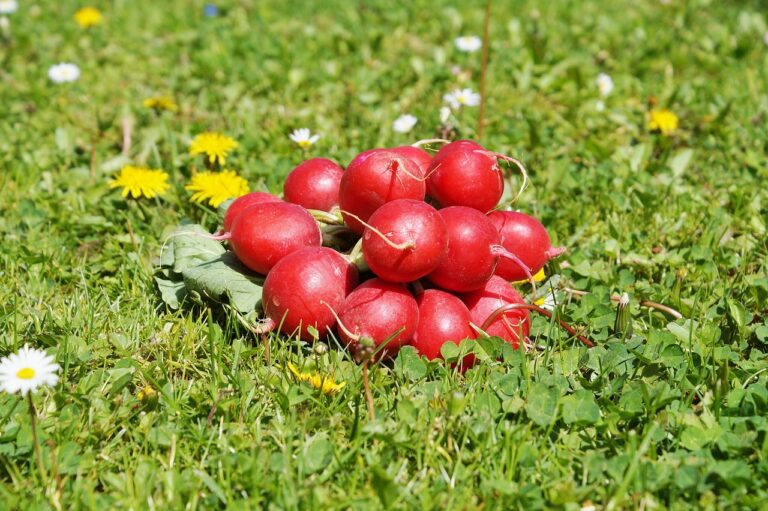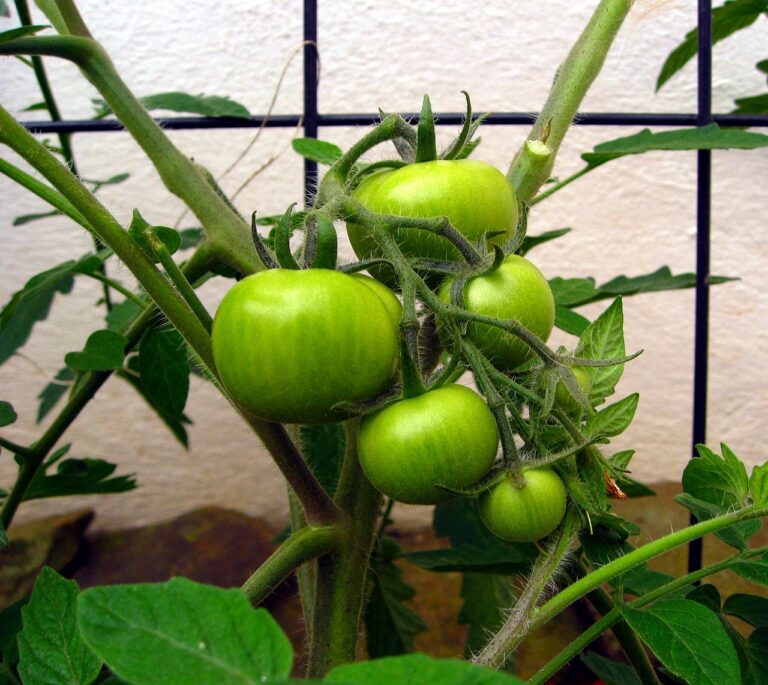The Impact of Beekeeping on Pest Control: Cricket bet 99, Sky11, Reddy anna online book id
cricket bet 99, sky11, reddy anna online book id: The Impact of Beekeeping on Pest Control
Beekeeping has been around for centuries and has long been recognized for its role in producing honey and other bee products. However, less known is the significant impact beekeeping can have on pest control. Bees play a crucial role in our ecosystem, not only as pollinators but also as natural predators of pests. In this article, we will explore how beekeeping can help control pests and benefit both the environment and agriculture.
The Importance of Bees in Pest Control
Bees are essential pollinators, playing a vital role in the reproduction of many plants, including fruits, vegetables, and nuts. But bees also serve as natural predators of pests that can devastate crops. Bees are known to feed on insects like aphids, caterpillars, and mites, which are common agricultural pests. By keeping bee populations healthy and thriving, we can reduce the need for harmful chemical pesticides that can harm both the environment and human health.
How Beekeeping Helps Control Pests
One of the ways beekeeping contributes to pest control is through the bees’ foraging behavior. Bees fly long distances in search of food, collecting nectar and pollen from flowers. Along the way, they also prey on small insects like aphids and caterpillars. By encouraging bee populations in and around agricultural areas, farmers can benefit from natural pest control services provided by bees.
Another way beekeeping supports pest control is through the use of bee products like beeswax and propolis. These substances have natural antimicrobial and antifungal properties that can help protect crops from diseases and pests. By incorporating bee products into agricultural practices, farmers can reduce their reliance on synthetic pesticides and promote sustainable farming methods.
Benefits of Integrating Beekeeping with Agriculture
Integrating beekeeping with agriculture can have numerous benefits for both farmers and the environment. By supporting bee populations, farmers can increase crop yields through improved pollination, resulting in higher-quality fruits and vegetables. Additionally, beekeeping can reduce the need for chemical pesticides, leading to healthier soil and water systems. By promoting biodiversity and a healthy ecosystem, beekeeping can create a more sustainable and resilient agricultural system.
Challenges and Considerations
While beekeeping can be an effective tool for pest control, there are challenges and considerations to keep in mind. Pesticides used in agriculture can harm bees and other pollinators, so it is essential to practice integrated pest management techniques that minimize the use of harmful chemicals. Additionally, maintaining healthy bee populations requires proper hive management and disease prevention measures to prevent colony collapse disorder.
FAQs
Q: Can beekeeping completely replace the need for chemical pesticides in agriculture?
A: While beekeeping can significantly reduce the reliance on chemical pesticides, it may not be able to entirely replace them. Integrated pest management techniques that combine beekeeping with other pest control methods are often the most effective approach.
Q: How can farmers attract bees to their crops?
A: Farmers can attract bees to their crops by planting a diverse range of flowering plants that provide food and shelter for bees. Avoiding the use of harmful pesticides and providing a pesticide-free environment can also encourage bee populations to thrive.
In conclusion, beekeeping can have a significant impact on pest control in agriculture. By supporting healthy bee populations, farmers can benefit from natural pest control services and reduce their reliance on harmful chemical pesticides. Integrating beekeeping with agriculture can promote sustainable farming practices and create a more resilient ecosystem. By recognizing the importance of bees in pest management, we can work towards a healthier and more sustainable future for agriculture and the environment.







